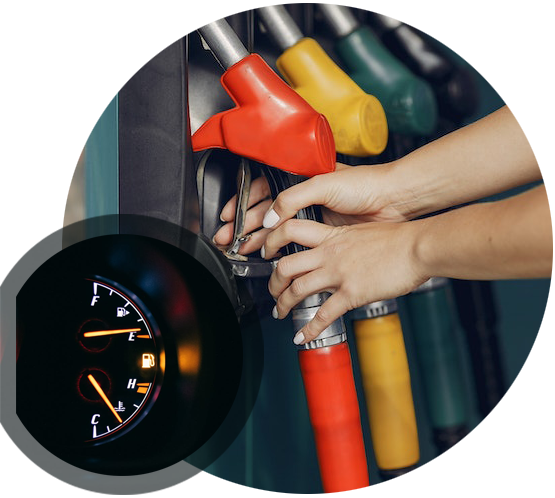As the price of petrol, diesel and LPG (liquid petroleum gas) continues to rise, motorists are becoming increasingly concious of how much it is costing to fill up their vehicles. Even tho prices have stabalised a little in the last few months the prices are three times higher than five years ago. And the worst part is that the analysts predict that petrol and diesel prices will continue going up for the next years. Whether you are buying a new car or a used car undrstanding the fuel consumption and MPG of different cars can help you make an informated decision and potentially save you a lot of money on fuel in the long run.
As a society we are becoming increasingly aware of the real danger of global warming and it is now clear that different sources of energy are needed if we want to survive the mess we have created. We can all play our part in the healing of the planet to save us from future natural disasters and extinction. While greener energy sources are on the rise and becoming increasingly popular, two of the most used energy sources are still petrol and diesel cars. The hybrid car generation is here and fully electric cars are really taking off but we can still help by reducing the amount of fuel we use in our cars and vans.
The fuel efficiency of a car, van or motorbike is normally measured using one of the following methods:
Fuel Economy
The first approach is to calculate the MPG (miles per gallon) or km/L (kilometres per litre). This method looks at the distance a car or van will drive per unit volume of fuel used. km/L shows the distance in kilometers that a vehicle can travel while consuming one litre of gas. Similarly, MPG shows the number of miles that a car or van can travel on one gallon of fuel.
With both km/L and MPG, the higher the number the more fuel efficient the car or van is. MPG (imperial) is generally used in the USA and the UK, but in other parts of the world like Europe the metric unit km/L is normally used.
Fuel Consumption
The fuel consumption of a car shows the amount of fuel the vehicle uses to cover a certain distance. For example how many litres of fuel does the vehicle use per 100 miles (L/100mi) or litres of fuel per 100 kilometres (L/100 km). When looking at fuel consumption data, the lower the value then the more economical the car or van is. Ie. Cars that use less fuel to travel a certain distance are more economical and thus cheaper to run.
For the average person, the potential for saving fuel is enormous. Whether you are driving a petrol, diesel or LPG car, fuel savings of up to 30% can be achieved simply by adopting a forward-looking and energy-saving driving style. There is also the option of switching to a small and economical vehicle – or changing to use a bus, train, bike or walking for suitable routes.
With our fuel cost calculator, drivers and motorcyclists can always keep an eye on their fuel consumption. However, our guide not only provides information on how consumption can be calculated, but also provides tips and tricks for saving fuel.
